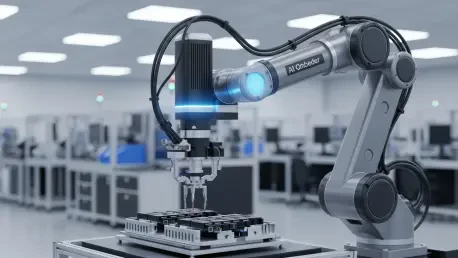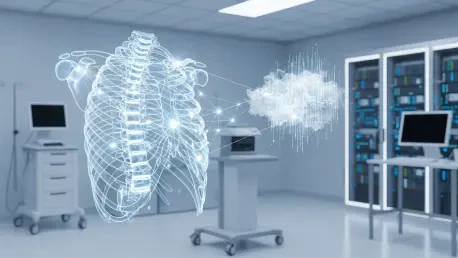
The factory floor of the future has arrived, and it walks on two legs, but its introduction has ignited a fierce battle between one of the world's largest automakers and its workforce. Hyundai Motor Group's plan to deploy sophisticated humanoid robots in its manufacturing plants has triggered a

The long-standing quietude surrounding Apple's virtual assistant is poised to be shattered as the company prepares a monumental transformation for Siri with the launch of iOS 27, a move that could fundamentally redefine the user's relationship with their devices. For years, Siri has capably handled

In a striking display of strategic restraint, the marketing world of 2026 has overwhelmingly chosen to relegate its most powerful new technology, Artificial Intelligence, to the engine room rather than the showroom floor. This deliberate “backend-first” approach is not born from a lack of ambition

The push for more accessible and preventive healthcare has found a powerful new advocate in PixelRo, a digital healthcare company with origins as a spin-off from Samsung Electronics, which is now positioning itself for significant global expansion. By showcasing its innovative technologies at

The relentless push for real-time data processing and artificial intelligence at the network's edge is creating an insatiable demand for more powerful, compact, and efficient computing solutions. ADLINK Technology is addressing this challenge head-on with the introduction of its Express-PTL COM

A groundbreaking prospective study launched by South Australian health-tech innovator Addend AI is poised to transform the detection of osteoporosis by using artificial intelligence to analyze standard chest X-rays, turning a routine diagnostic tool into a powerful instrument for preventative